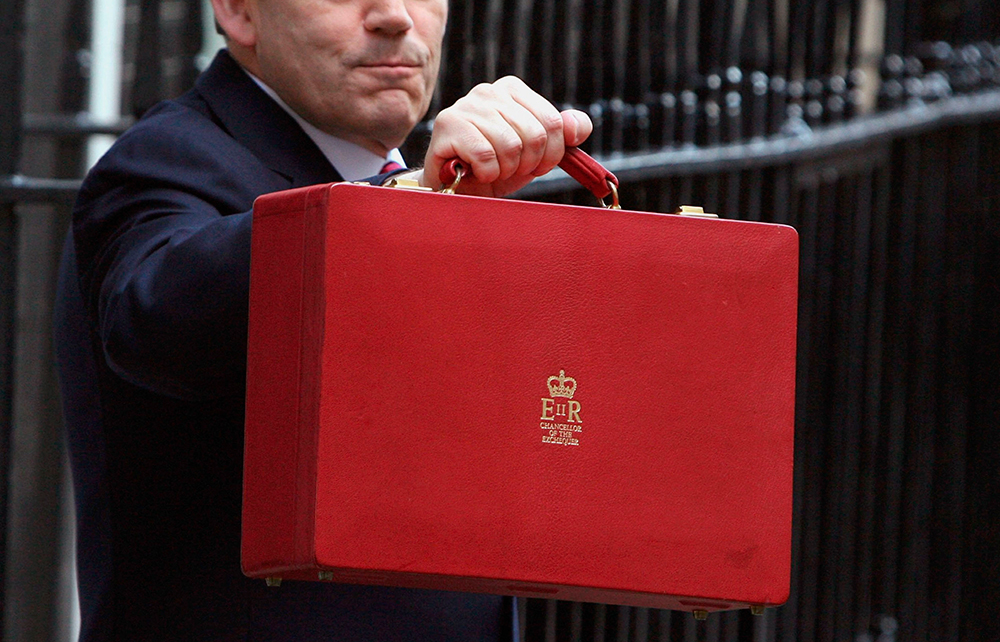I used to worry on holiday about not having cancelled the milk, which would grow into a phalanx of doorstep bottles semaphoring an opportunity to burglars. Now whole classes of society are ostracised or cancelled for disagreeing with the declared ‘values’ of companies.
Sir Robert Goodwill, the chairman of the environment committee, told the Daily Telegraph last week that banks are trying to ‘cancel the countryside’ by closing the accounts of shooting businesses. Hunts had found the same thing.
It’s funny that cancel culture and the Chancellor of the Exchequer share the same origin, linguistically. They go back to the latticework barriers marking off the judge’s space in an ancient basilica or court building. The Latin cancelli meant ‘bars of latticework’. Chancellors took their name from these bars, as did the chancel of a church.
Chancelleries were the haunt of chancellors, and chancery is a variant of chancellery, hence the Lord Chancellor’s Court of Chancery ‘which has its decaying houses and its blighted lands in every shire, which has its worn-out lunatic in every madhouse and its dead in every churchyard’, or did in Dickens’s day.
When printers wanted to reset a page they called the rejected page a cancel. But they also called the substitute page a cancel. ‘When we speak of a cancel nobody else ever knows whether we mean the leaf cut out and destroyed or the leaf inserted as a substitute,’ complained the bibliographers A.W. Pollard and W.W. Greg in 1908. From 1840 postage stamps were cancelled, first with a Maltese Cross, then with parallel bars like the marks of a griddle. The name cancel was extended to ticket-clippers resembling pliers. On the day before Easter 1887, a salesman appeared before the Hammersmith magistrate charged with stealing ‘a pair of ticket cancels the property of the District Railway Company’ at Putney Bridge. He said his friends must have put them in his pocket ‘for a practical joke’. He was bailed. I don’t know what became of him. I hope he wasn’t cancelled.






Comments